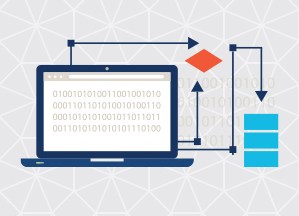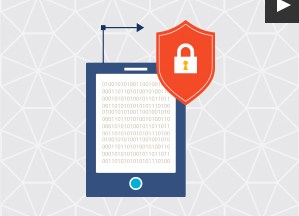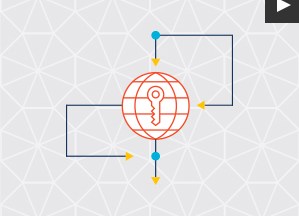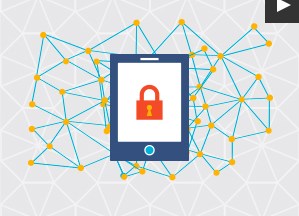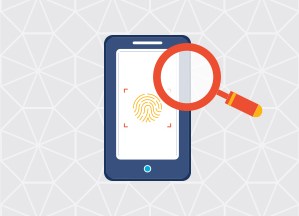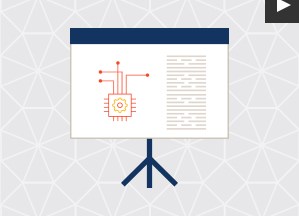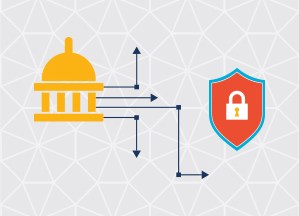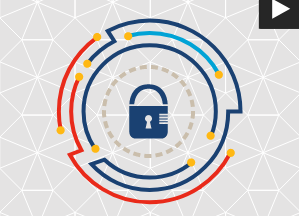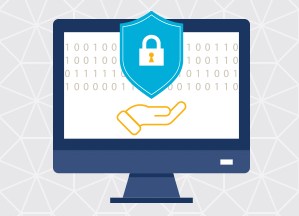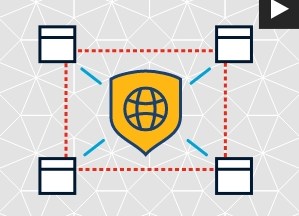The MICS curriculum includes the following key focus areas:
Curriculum
The UC Berkeley School of Information’s Master of Information and Cybersecurity (MICS) prepares students with the technical, conceptual, and practical skills needed for a professional career in cybersecurity. The program’s curriculum offers a holistic approach to cybersecurity, so students develop technical expertise while gaining an understanding of the behavioral, economic, legal, and ethical concerns that shape security in the digital age.
Courses are developed by faculty from the School of Information (I School) and College of Engineering. Graduates will be prepared to pursue leadership roles in organizations across sectors and industries.
Secure coding
Network Security
Government and national security
Cryptography
Usable privacy and security
Operating System Security
Cyber risk
Privacy engineering
Security in context: economic, legal, behavioral, and ethical
Graduates of this program will:

UNDERSTAND THE ETHICAL

PREPARE TO LEAD, MANAGE

KNOW HOW TO BUILD

GAIN HANDS ON

“What makes Berkeley’s Master of Information and Cybersecurity program unique is its focus on the human element of cybersecurity.”
Chris Hoofnagle, Adjunct Professor at the UC Berkeley School of Information and School of Law
Program Requirements
The Master of Information and Cybersecurity (MICS) consists of 27 units of course work and is designed to be completed in 20 months (five terms). All students are required to take two courses in their first term. Courses are 3 units each and divided into foundation courses, advanced courses, and a capstone. You will also attend an immersion on the UC Berkeley campus, or other locations relevant to cybersecurity.
Foundation Courses
Students will complete 12 units (four courses) of foundation work:
Applicants who lack basic math and foundational programming experience in their academic or work background are encouraged to take the Programming Fundamentals for Cybersecurity course in their first term. Students may opt-in or out of this course.
Systems Security Course
Students are required to take the following course to fulfill the Systems Security course requirement. Students are required to complete the Systems Security course by the end of their third term in the program.
Advanced Courses
Students will complete at least 9 units (three courses) of advanced course work.
Capstone Course
Practicum
Immersion
While all courses are delivered online, students are required to attend at least one, 2-3 day immersion on the UC Berkeley campus or in other locations relevant to cybersecurity. During the immersion, Master of Information and Cybersecurity (MICS) students benefit from meeting classmates and professors in person, participating in workshops, and networking with other cybersecurity professionals. Immersions are crafted to deliver additional learning, networking, and community-building opportunities to MICS students.
Gain a Foundation in Modern Data Analysis
Students earning their Master of Information and Cybersecurity online have the option to apply to our Certificate in Applied Data Science. The program introduces the tools, methods, and conceptual approaches used to support modern data analysis and decision making in professional and applied research settings. The curriculum is designed for professionals and scholars who want to be intelligent consumers of data science techniques in a variety of domains.
Learn more about the Certificate in Applied Data Science.


